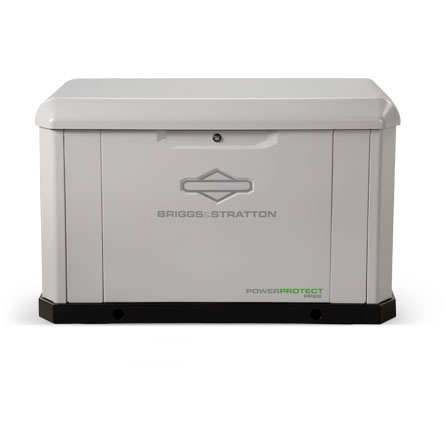The aftermath of a hurricane can be overwhelming, but taking swift and organized action is key to recovering and rebuilding. This guide will walk you through essential steps to take after a hurricane hits your home, ensuring your safety and guiding you through the recovery process.

1. Safety First:
Listen to Authorities: Stay tuned to official channels for updates on safety guidelines and evacuation orders.
Beware of Hazards: Downed power lines, broken glass, and contaminated water pose serious risks.
Document Damage: Take photos and videos of the damage for insurance claims.
Contact Your Insurer: Report the damage to your insurance company as soon as possible.
2. Assessing the Damage:
Exterior Inspection: Check for structural damage, roof leaks, and damage to utilities.
Interior Inspection: Look for water damage, mold growth, and electrical hazards.
Professional Assessment: If unsure, consult a professional to assess the full extent of the damage.
3. Cleanup and Repairs:
Safety Gear: Wear gloves, masks, and protective clothing during cleanup.
Salvage Belongings: Carefully dry and clean items that can be salvaged.
Mold Prevention: Dry out your home quickly to prevent mold growth.
Professional Help: Hire licensed contractors for repairs, especially for structural or electrical work.
4. Insurance Claims:
Document Everything: Keep records of all communication with your insurance company.
Detailed Inventory: Provide a detailed list of damaged or lost items.
Be Patient: The claims process can take time, so be prepared for delays.
5. Rebuilding and Prevention:
Building Codes: Ensure repairs adhere to local building codes and consider hurricane-resistant upgrades.
Flood Insurance: If you're in a flood-prone area, consider getting flood insurance.
Emergency Kit: Prepare an emergency kit with supplies for future storms.
Emotional Recovery:
Seek Support: Don't hesitate to seek emotional support from friends, family, or professionals.
Take Breaks: The recovery process can be exhausting, so allow yourself time to rest and recharge.
Additional Tips:
Beware of Scams: Be cautious of unsolicited offers for repairs or assistance.
Government Assistance: Check if you qualify for government assistance programs.
Remember, recovery is a marathon, not a sprint. Be patient, stay organized, and lean on your community for support. By taking the necessary steps and seeking help when needed, you can rebuild your home and restore normalcy to your life.
This blog post is for informational purposes only and should not be considered a substitute for professional advice. Always consult with experts and follow official guidelines for your specific situation.

Ready to start protecting your home?
Our Whole-House Generator Sizing Calculator allows you to select what you want to power in your home and directs you to the appropriate-sized generator system.



